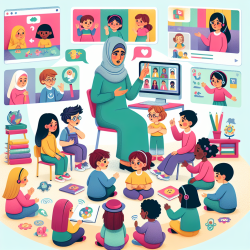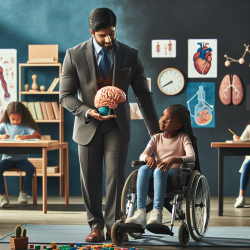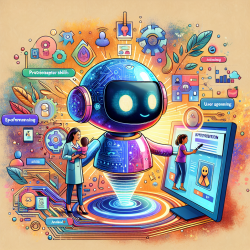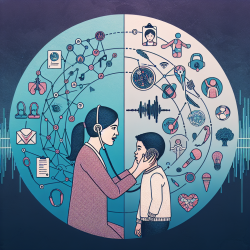Social skills are essential for effective communication and interaction. They encompass a wide range of abilities such as understanding social rules, using appropriate body language, and employing empathy to appreciate others' perspectives. For children with speech, language, and communication needs, developing these skills can be challenging yet vital for their success both socially and academically.
Understanding Social Skills
Social skills refer to an individual's ability to interact with others effectively. Key components include:
- Understanding social rules
- Using correct body language
- Employing appropriate language
- Exercising empathy
- Utilizing the right tone and volume when communicating
Children with communication challenges often face difficulties in social interactions. However, teachers have unique opportunities to enhance these skills through structured activities and feedback.
Strategies for Teaching Social Skills
1. Focus on One Skill at a Time
Select one social skill to concentrate on each week. Create a chart to track the skill being developed and allow students to focus on mastering it before moving on to the next.
2. Teach the Skill Explicitly
For instance, when teaching turn-taking in conversations, explain the importance of eye contact, listening without interrupting, and using verbal fillers like "ah hah" or "ok" to show interest. Collaborate with students to list conversation rules and visually represent them through drawings.
3. Practice Through Role Play
Encourage students to practice social skills in real-life scenarios or through role play. Scenarios such as being a shopkeeper or attending a birthday party can help students apply these skills practically.
4. Provide Constructive Feedback
Offer specific feedback at the end of each day regarding their social interactions. Highlight specific behaviors like "you waited your turn" or "you used a quiet voice," then label these actions as thoughtful or kind.
Role Play Ideas for Practicing Social Skills
- The Restaurant: Students practice taking orders and asking questions as if working in a restaurant.
- The Birthday Party: Students simulate attending a party, focusing on greetings and participation in games.
- The Supermarket: Students pretend to shop, ask for help, and handle transactions at the checkout.
- The Classroom: Students take turns being the teacher or student, practicing attention-getting techniques and question-asking.
The development of social skills is an ongoing process that requires patience and persistence. By employing structured approaches and offering continuous support, teachers can significantly enhance their students' ability to interact socially.
For more information, please follow this link.










